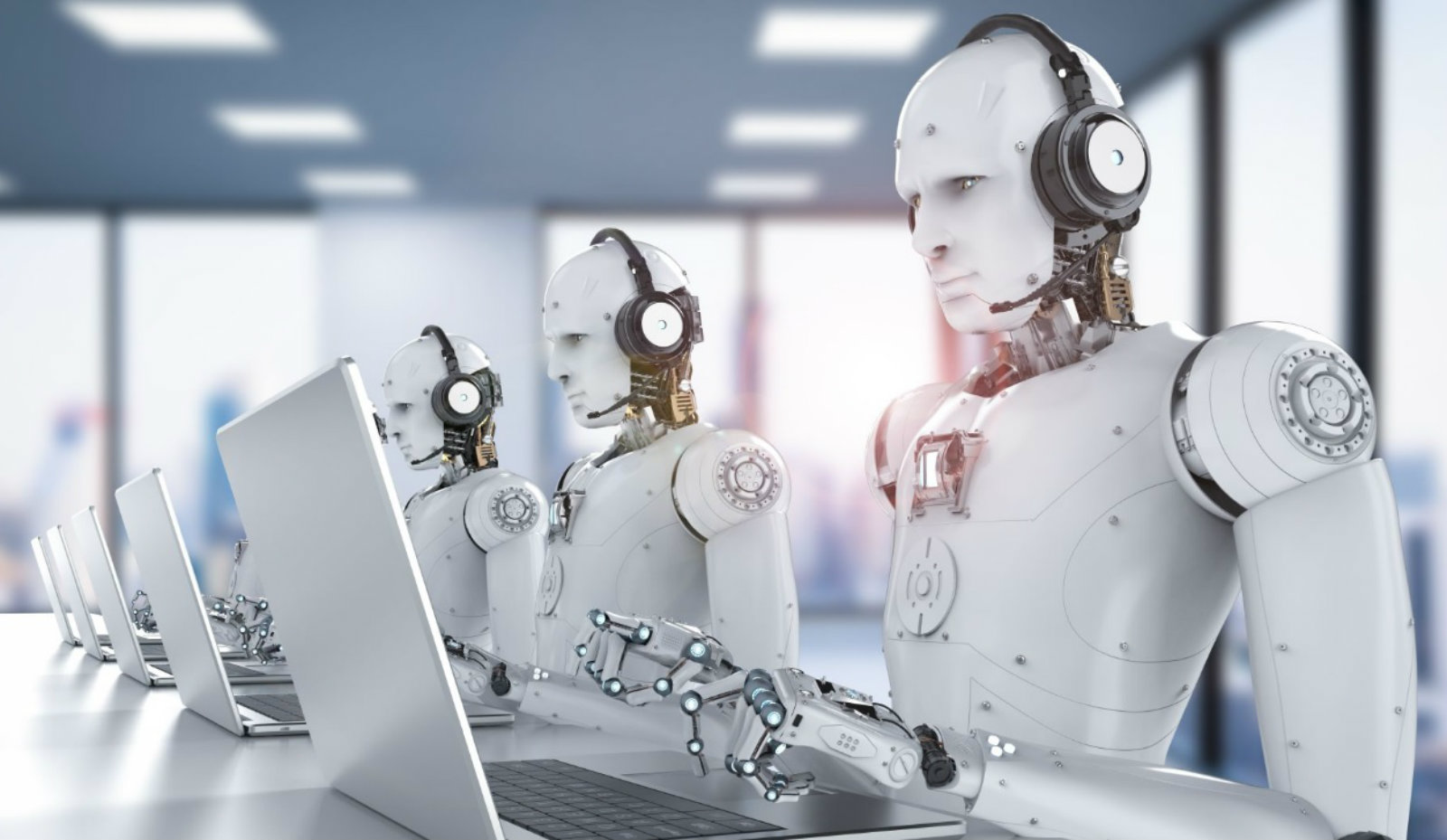Meet my late husband, in robot form + UK restaurants now have to disclose calorie counts on menus

Musk thinks people can live forever, in robot form: Tesla CEO Elon Musk believes that humans will eventually be able to download their brains into robots to preserve their memories and characteristics in another form, he tells Business Insider’s parent company. The technology is a gradual evolution of computer memory as we’ve already “amplified our human brains massively with computers,” he said. Musk isn’t alone: Princeton Neurology Professor Michael S.A. Graziano wrote a WSJ piece in 2019 exploring the same subject. Creating the artificial brain would be relatively straightforward, Graziano said, but the remaining problem is how to build a scanner that doesn’t kill the subject (the people from Upload certainly haven’t figured it out). Musk has already forayed into this space with his brain-chip startup Neuralink, which is currently working to develop “brain-machine interfaces” that can store human memories.
Happy Easter, from Darwin: Two of naturalist Charles Darwins’ notebooks have been mysteriously returned to the Cambridge University Library after going missing for over two decades, the university announced. The 200-year-old manuscripts were found undamaged and wrapped in a pink gift bag in a public space in the library with a note reading “Happy Easter” addressed to the librarian, with no clue whatsoever on who returned them. The notebooks have Darwin’s notes as he mapped his theory of evolution, with one including his iconic “Tree of Life” sketch from 1837 which portrays his theory of natural selections.
Do you know how many calories you’re about to order? UK restaurants now have to disclose calorie counts on menus: A new law has made it compulsory for large restaurants in the UK to show nutrition data for every dish and soft drink on the menu, along with a statement disclosing that “adults need around 2k kcal a day.” The move is part of the UK government’s strategy to tackle obesity, and aims to help people make healthier choices when they’re eating out or ordering takeaway. The law came into effect last week for food businesses with 250 or more employees, and it has since had mixed reactions: Supporters believe it can help them make more informed decisions, while detractors argue labeled menus may raise anxiety among people suffering from eating disorders.